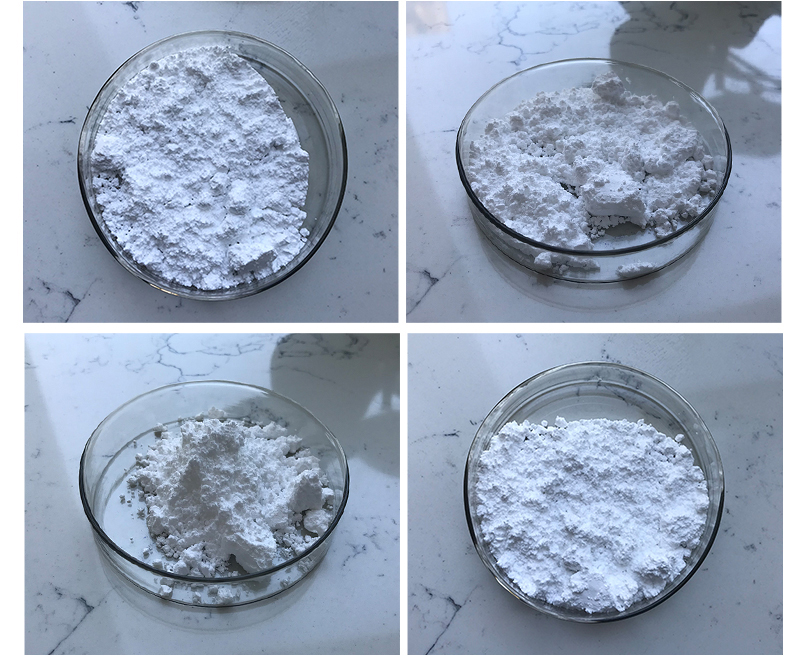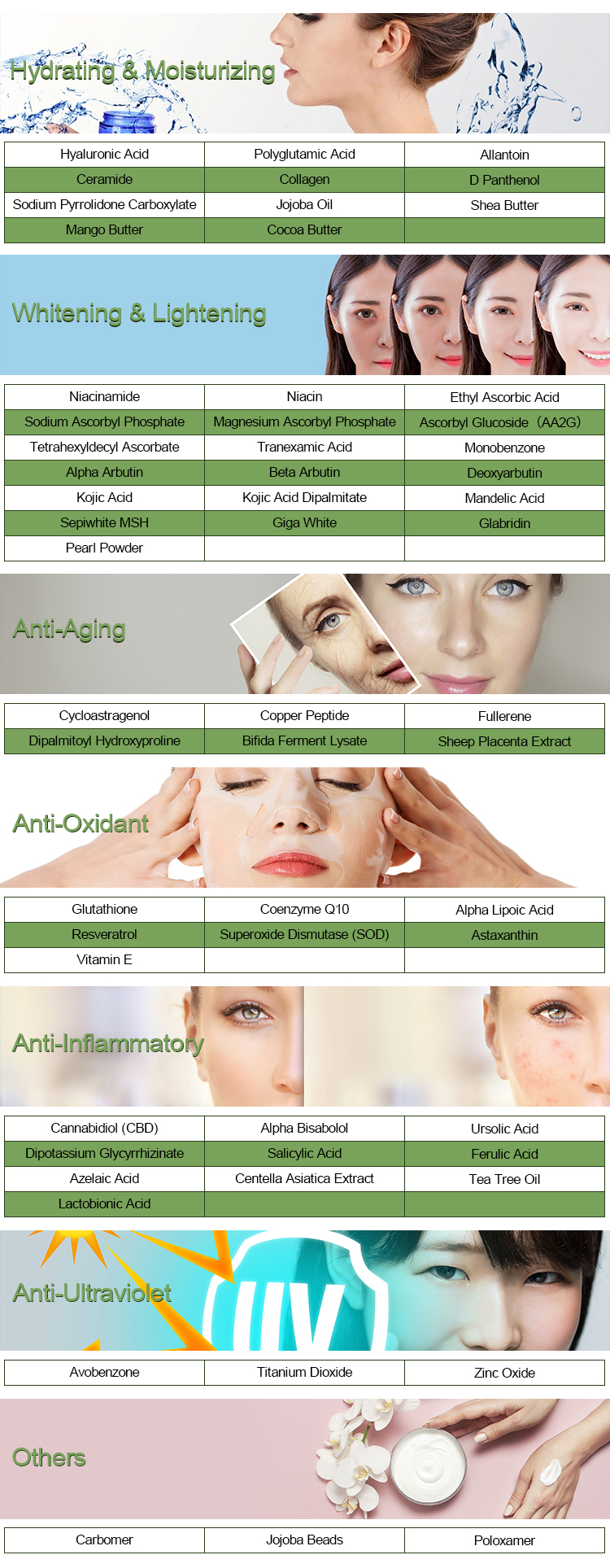The basic ingredient of glutathione is a tripeptide molecule composed of three amino acids: cysteine, glutamic acid, and glycine. These amino acids are linked together by peptide bonds to form the structure of glutathione. The specific arrangement of these amino acids gives glutathione its unique properties and functions.
Cysteine is particularly important in the structure of glutathione, as it contains a sulfur group that is crucial for the molecule’s ability to scavenge and neutralize harmful free radicals and reactive oxygen species in the body. Glutathione plays a vital role in cellular defense against oxidative stress, detoxification of harmful substances, and maintaining the proper functioning of various cellular processes.

The chemical structure of glutathione can be represented as:
Glu-Cys-Gly
Here:
“Glu” represents glutamic acid.
“Cys” represents cysteine.
“Gly” represents glycine.
Efficacy and Function of Glutathione
Glutathione is a tripeptide composed of three amino acids: cysteine, glutamic acid, and glycine. It is a powerful antioxidant that plays a crucial role in various physiological processes within the body. Its primary function is to help protect cells from oxidative stress, which is caused by the presence of free radicals and reactive oxygen species. Oxidative stress can lead to cellular damage and contribute to various chronic diseases and the aging process.
Here are some important functions and aspects of glutathione:
Antioxidant Defense: Glutathione is a key component of the body’s antioxidant defense system. It neutralizes free radicals and reactive oxygen species by donating electrons, thus preventing them from causing damage to cellular components such as DNA, proteins, and lipids.
Detoxification: Glutathione is involved in detoxifying harmful compounds, including pollutants, heavy metals, and drugs. It helps convert these toxins into less harmful substances that can be excreted from the body.
Immune System Support: Glutathione is important for maintaining a healthy immune system. It enhances the activity of immune cells and helps regulate the immune response.
Cellular Repair: Glutathione is involved in repairing damaged DNA and proteins, contributing to the overall maintenance of cellular health and function.
Anti-Inflammatory Effects: Glutathione has been shown to have anti-inflammatory properties, which can help reduce inflammation and tissue damage in the body.
Skin Health: Glutathione is sometimes used in skin care for its potential to lighten skin tone and reduce the appearance of certain skin conditions. However, the efficacy of glutathione for skin lightening is still debated and requires further research.
Aging and Age-Related Diseases: As the body ages, the levels of glutathione tend to decrease, which may contribute to the aging process and the development of age-related diseases. Some research suggests that maintaining optimal glutathione levels through a healthy lifestyle might help mitigate these effects.

Respiratory Health: Glutathione has been investigated for its potential benefits in respiratory conditions such as asthma and chronic obstructive pulmonary disease (COPD). It might help reduce inflammation in the airways and improve lung function.
It’s important to note that while glutathione supplements are available, the body’s ability to absorb and utilize orally ingested glutathione is limited. The most effective way to support glutathione levels is by maintaining a healthy lifestyle, including a balanced diet rich in antioxidants (such as fruits and vegetables), regular exercise, and avoiding exposure to toxins.
Before considering any supplementation or major dietary changes, it’s advisable to consult a healthcare professional, as individual needs and responses can vary.
